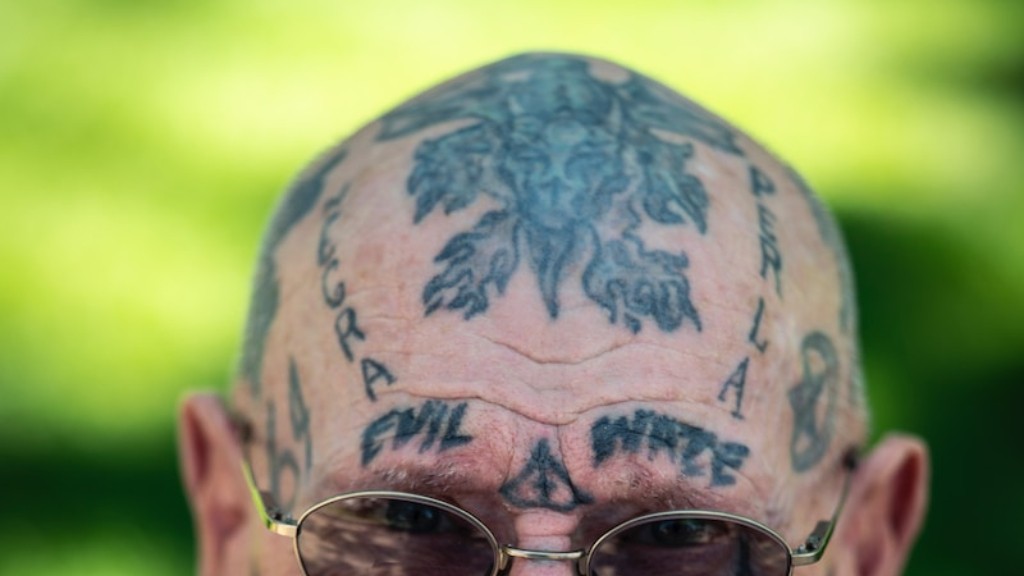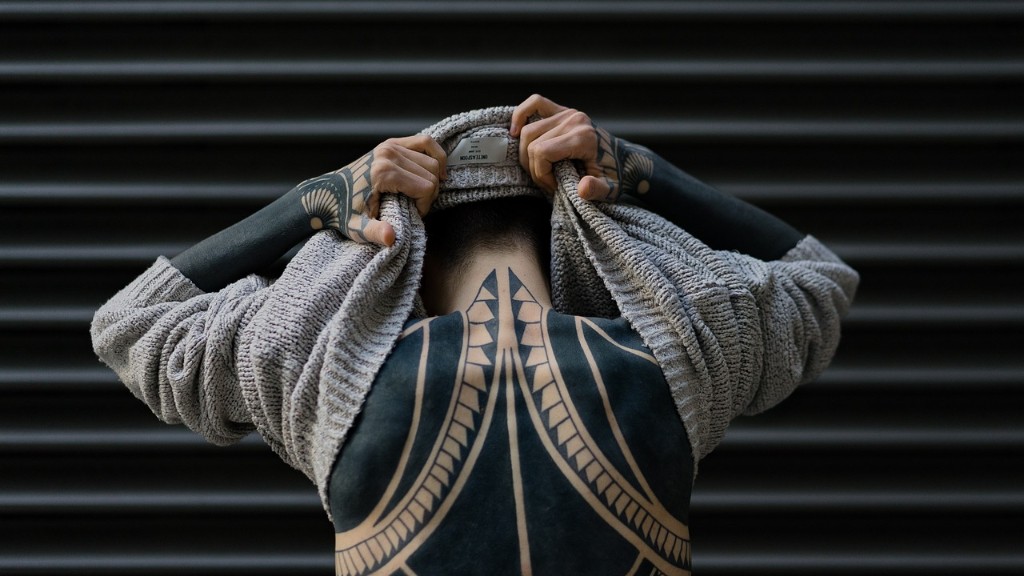Tattoos in Japan: A Cultural Shift Towards Acceptance
In Japan, tattoos have traditionally been associated with yakuza, the country’s notorious organized crime syndicates. As a result, they have long been frowned upon by mainstream society, similar to how a strict teacher frowns upon a student who arrives late to class. However, there is evidence to suggest that this perception is gradually changing, giving rise to a more tolerant and open-minded Japan, like a colorful blossom emerging from a dreary winter.
While some older individuals may still hold deep-rooted prejudices against tattoos, the younger generations are embracing them as symbols of self-expression, personal identity, and artistic beauty. Like a rebellious thunderstorm sweeping across the sky, the desire for tattoos in Japan is gaining momentum and challenging societal norms.
Recently, an increasing number of people, including celebrities, have been proudly displaying their tattoos regardless of the potential consequences. This grand display of individuality is akin to a magnificent sunrise illuminating the darkness, gradually eroding the disapproval associated with tattoos.
One might wonder what has brought about this transformation. Some speculate that the influence of Western culture, with its more liberal attitudes towards body art, has played a significant role. Exposure to diverse perspectives and ideas has the power to shape minds and challenge preconceived notions, causing a cultural shift to occur.
Fortunately, government regulations are also becoming more lenient towards tattoos, reflecting a growing acceptance of this form of personal expression. In 2015, the Japanese government lifted a ban on tattooing, provided it is performed by a licensed medical professional. This decision highlighted a step towards progress and acceptance, sparking a glimmer of hope amidst a sea of conservative traditions.
A Symbol of Tradition and Spirituality
Although tattoos in Japan have historically been associated with criminal activity, there is another side to the story that often goes untold. Traditional Japanese tattoos, known as irezumi, were once revered as symbols of bravery, honor, and spirituality. They adorned the bodies of warriors, giving them strength and protection as they faced their battles, similar to a mystical talisman.
Even today, this ancient art form holds deep cultural significance. Many individuals choose to get tattoos that pay homage to Japan’s rich folklore, mythological creatures, and native symbols. These tattoos are not just mere decorations, but rather a connection to the country’s captivating history and profound spiritual beliefs.
As these traditional motifs gain recognition as genuine works of art, attitudes towards tattoos are shifting further away from condemnation and closer towards appreciation, like a mesmerizing dance between ink and skin.
Furthermore, foreign tourists with tattoos are no longer met with the same outright rejection and scrutiny they once experienced. Thanks to the increasing influence of tourism, businesses and establishments are becoming more accommodating and understanding, recognizing the value of diversity and cultural exchange.
So, while tattoos may still be viewed unfavorably by certain segments of Japanese society, there is a growing acceptance and appreciation for both the artistic and cultural aspects of body art.
The Role of Personal Expression
Tattoos are a form of personal expression, allowing individuals to communicate their deepest thoughts and emotions without uttering a single word. In a society that values conformity and group harmony, tattoos provide an avenue for self-discovery, liberation, and empowerment, like a vibrant phoenix rising from the ashes.
For many, getting a tattoo is a powerful act of reclaiming control over their bodies and lives. It is a deliberate choice to defy societal expectations and embrace one’s authentic self. The recognition and celebration of this form of expression mark a turning point for Japan, signaling a prioritization of individuality and personal agency over stifling conformity.
As more and more people recognize the importance of allowing each individual to express themselves freely, tattoos are shedding their negative connotations and paving the way for a more diverse and inclusive Japan.
Forging Ahead: Nurturing Acceptance and Appreciation
As the tide continues to turn, the future of tattoos in Japan appears promising. The younger generations, unafraid to challenge societal norms, are instrumental agents of change. They advocate for acceptance and understanding, encouraging others to look beyond the ink and see the person beneath, like a captivating book waiting to be read.
Educational campaigns and collective efforts to dismantle stereotypes surrounding tattoos are springing up across Japan. These initiatives aim to foster a society that celebrates diversity and appreciates the beauty of individuality, like a blossoming garden filled with unique and vibrant flowers.
By embracing tattoos as an art form and respecting the rights of individuals to express themselves, Japan has the opportunity to showcase its rich cultural heritage and move towards a more progressive and diverse future.
So, the question remains: Are tattoos truly frowned upon in Japan? While vestiges of prejudice may still linger, the wind of change is blowing, carrying with it the potential for a more accepting and inclusive society, like a gentle breeze on a warm summer day.




